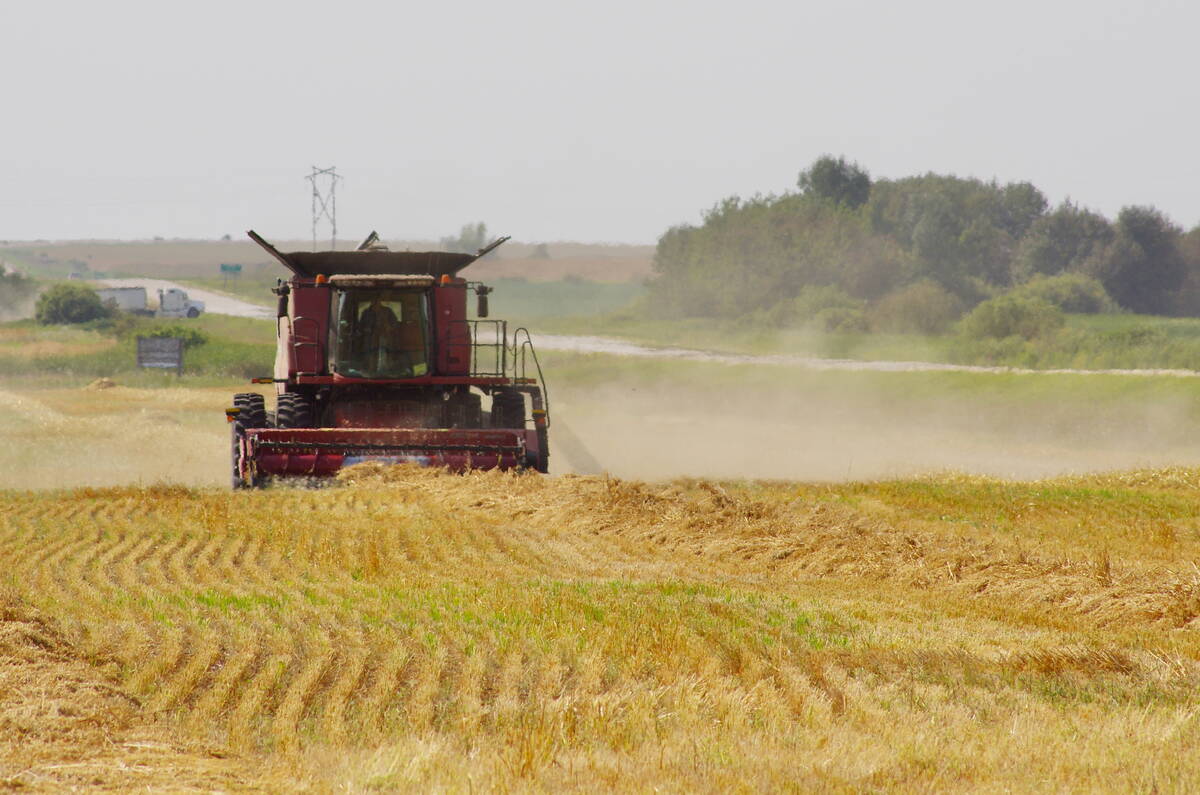Marketing freedom is expected to increase prairie durum exports to North Africa.
However, it’s not Canadian “marketing freedom.”
Instead, it’s the freedom of millers in Algeria, Tunisia and Morocco to directly import grain from wherever they like rather than through a state importing agency in the wake of the Arab Spring.
“We have two actors,” Melek Taguida, director of Algerian miller and pasta manufacturer Groupe SIM, said about the opening up of the Algerian milling industry to include both private and government millers.
Read Also

Herbicide resistance sprouts in Manitoba’s wild oats
Farmers across Manitoba this fall are gearing up for the latest salvo in what, for many, has become a longtime battle to beat out wild oats.
He and other North African milling representatives were in Winnipeg recently to visit the Canadian International Grains Institute.
“When you are a private miller or pasta manufacturer, you have to present the best quality for your products if you want to get part of the market. There is very, very tough competition between the pasta producers.… To have plants running 24 hours a day, seven days a week, you have to have the best, and to have the best you will look through the world and … Canadian durum offers the best.”
Taguida Said Badari, director of the National Association of Millers and Pasta Producers of Tunisia, agreed.
“I think we will buy more wheat from Canada because before the (Arab Spring) revolution, the millers didn’t buy directly,” but they do now, as part of the reforms that followed the formation of a new government, said Badari.
North African millers compete not only in a tough domestic consumer market, which uses cous cous and pasta as its main staple foods, but also in the Italian pasta market, which is the world’s most quality conscious market, and throughout the Mediterranean basin.
“Now that we have good markets in Africa and the Middle East and other countries, I think the Tunisian miller will buy more and more from Canada,” said Badari.
However, that depends on Canada being able to maintain the high quality of its durum, which the North Africans said is remarkably consistent in conforming to the specifications stated in contracts.
“You don’t have ups and downs,” said Taguida.
Europe, Turkey and Syria, which also grow durum, are all close by, which means Canada already faces a higher freight rate to get to North Africa. Quality now covers that extra cost.
However, Abdellatif Isem of the Moroccan millers association said millers are anxious about what happens to quality now that the CWB monopoly is gone.
“Does this new situation, will it affect the standards of quality of Canadian durum?” wondered Isem.
“We have big (Canadian) companies handling grain from Canada. Will they be careful, attentive to what is being requested from their clients?”
Isem said Canadian durum still holds a lot of Morocco’s market, even though the U.S. has preferential access to the country because of a recent free trade agreement.
Moroccan millers tried to rely upon U.S. durum, which suddenly became cheaper as tariffs were reduced, but the quality and consistency were so poor that most switched back to Canadian durum, Isem said.

















